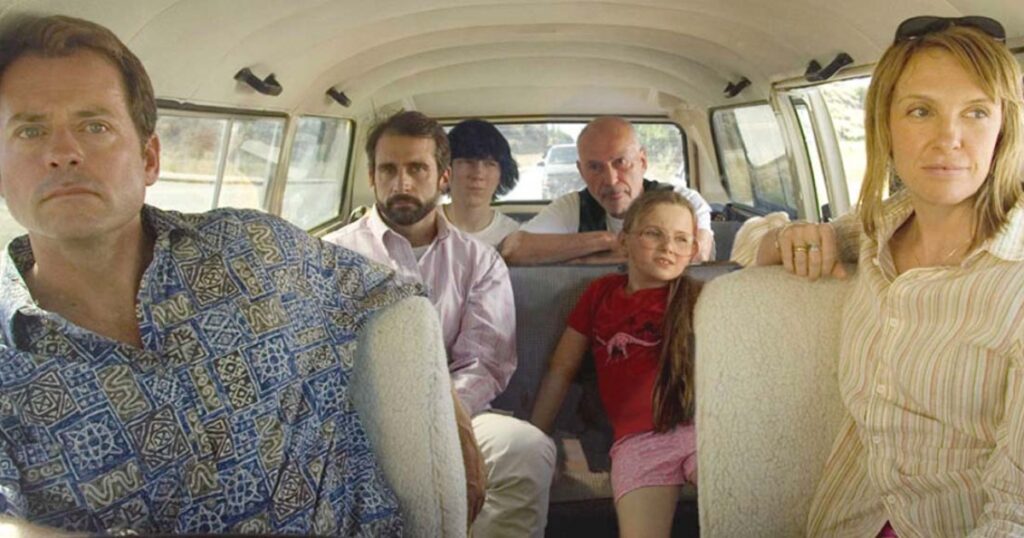It’s July. For many people, holidays have already begun; for others, they’re just around the corner. It’s that time of year when the body starts asking for a break, and the mind dreams of switching off. But this is also when a certain paradox becomes most evident: we crave rest, but we don’t always know how to organize it. Or worse — we leave it to chance.
We plan meetings, deadlines, workouts, bills, calls… but when it comes to free time, do we just let it happen? The idea of “planning for leisure” may sound counterintuitive — as if it would take the magic away — but it’s actually one of the keys to making rest truly restorative.
In Little Miss Sunshine, a dysfunctional family sets out on a road trip to take young Olive to a beauty pageant. From the first mile, everything falls apart: the grandfather dies, the van breaks down, family tensions erupt… Nothing goes as planned. And yet, that chaotic journey ends up being one of the most transformative experiences for everyone.
But what would have happened if they hadn’t made that plan?
Most likely, each of them would have stayed trapped in their own inertia: the father obsessed with his failing self-help system, Uncle Frank still caught in his depression, the brother locked in his silence, and the mother juggling a crumbling household. The trip — a logistical disaster but an emotional triumph — forces them to stop, to be together, and most importantly, to connect.

That’s exactly what well-planned leisure time can offer: a clear break from the routine, a space for connection, exploration, or simply breathing differently. It doesn’t matter if the plan changes or gets messy — what matters is that you’ve given yourself permission to unplug.
There’s also something science has confirmed: anticipating leisure is therapeutic in itself. Planning a weekend in nature, a meal with friends, or a vacation boosts dopamine levels from the moment you imagine it. Your brain prepares for future pleasure, and that has a calming effect in the present. “I’m exhausted, but in two weeks I get to rest,” you think — and it already helps.
On the other hand, when we don’t block time for leisure, we fall into the trap of “I’ll rest when I find a gap,” a gap that often never comes. Work expands, urgencies multiply, and free time becomes whatever scraps are left at the end of the day.
That’s why, even if it sounds strange, planning for leisure is an act of self-kindness and personal responsibility. It means recognizing that rest is not a luxury — it’s a need. It’s putting “not available” in your calendar. It’s saying, “Today I disconnect,” or “I’m doing this just because I enjoy it, not because I have to.”
And if, like in Little Miss Sunshine, everything goes off the rails… all the better. Because even imperfect leisure, when chosen consciously and shared meaningfully, leaves a mark.

5 practical ways to live this philosophy:
Block leisure like any other meeting. If you don’t protect it, something else will take its place.
Make plans that excite you — even small ones. A walk, a special dinner, an afternoon without your phone…
Share your free time with people who energize you. Leisure is also a way to nurture relationships.
Accept that not everything will go perfectly. The goal isn’t to control the plan — it’s to experience it.
Anticipate it. Enjoy it from the moment you plan it. Talk about it, imagine it, celebrate it even before it happens.
Planning leisure isn’t about turning it into another task. It’s about protecting it. It’s deciding that you also deserve time just to be yourself — without productivity, without expectations… just you, with the people you choose, doing something that reminds you that life isn’t only about reaching a destination. Sometimes it’s about pushing a yellow van that won’t start — and laughing together along the way.

